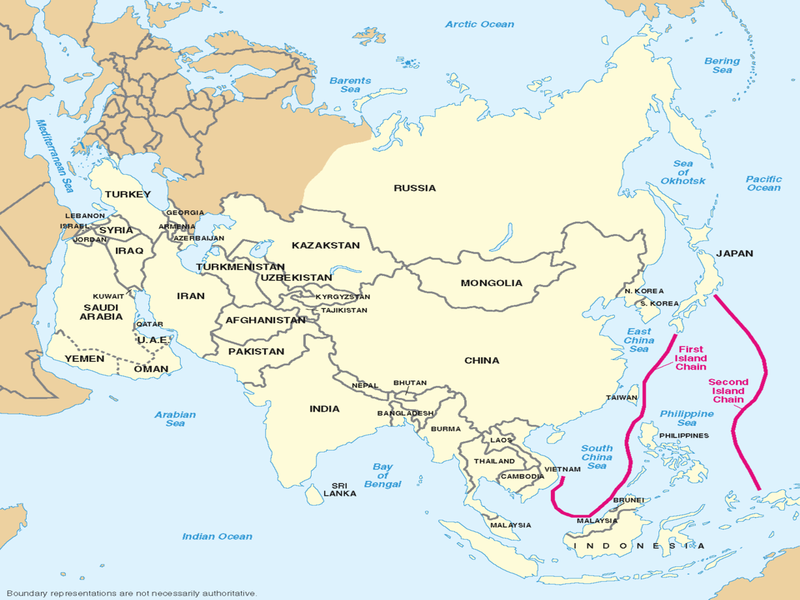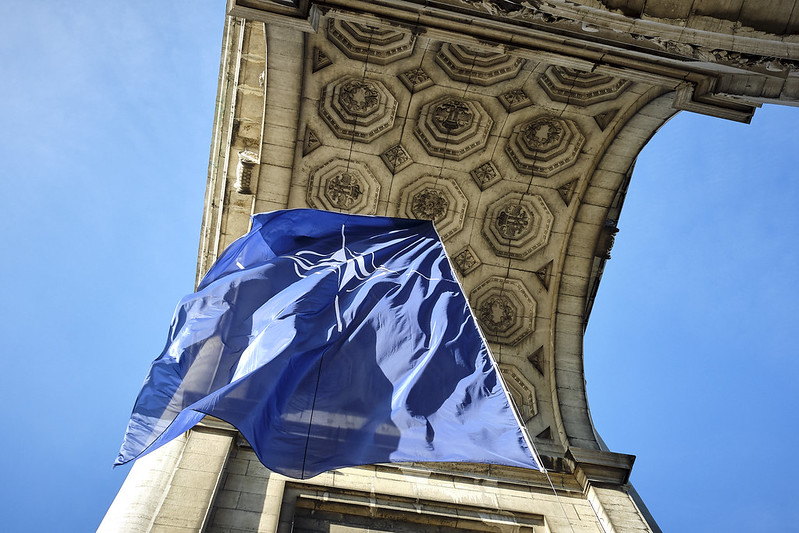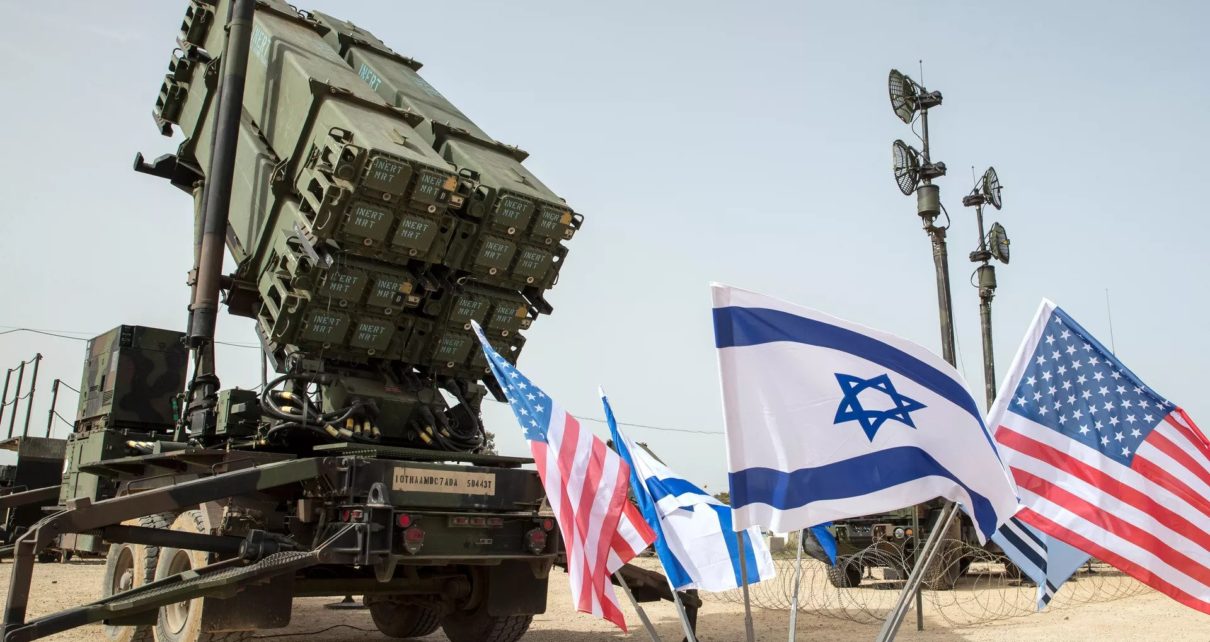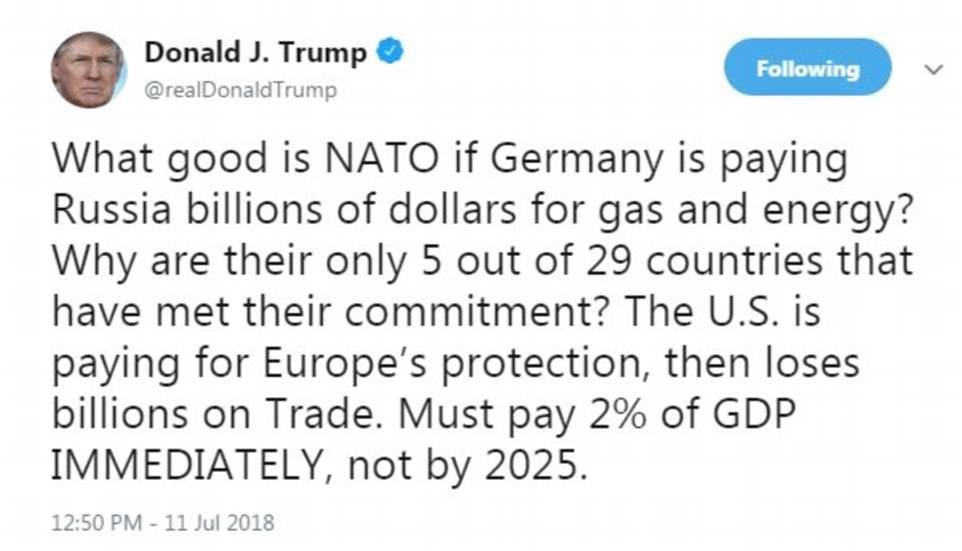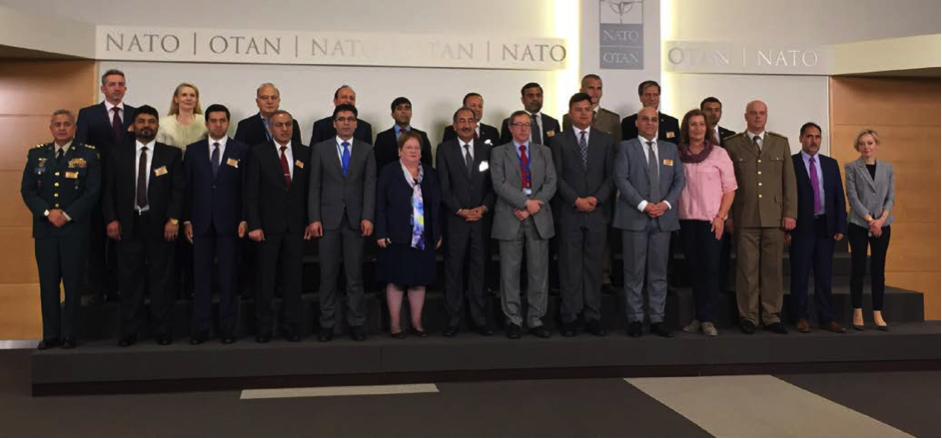In his latest piece, Alexander Morrow highlights how new NATO spending commitments strengthen security in both Europe and the Indo-Pacific. As the alliance rebalances burden sharing, European arms purchases have the potential to bolster the United State’s military industrial base and its ability to deter aggression against Taiwan.
Defence Spending
Lines of Defence: A Policy Agenda for Canada’s Defence Capabilities
Below is the NATO Association of Canada’s publication on increasing Canada’s defence spending, with contributions from leading experts. Line of Defence: A Policy Agenda for Canada’s Defence Capabilities
Canada’s Military: Increased Attention, Increased Funding
Military spending boosted as public awareness of defense rises
Prepping for 2030: The Young Leaders’ Perspective on NATO’s Future
Secretary-General Jens Stoltenberg is set to outline the NATO 2030 initiative to the 30 NATO member countries next week. In prep, Eric Jackson highlights the NATO 2030 Young Leaders’ recommendations on how to strengthen the Alliance.
The Big Lie: A ‘Military-Industrial’ Complex
Rejecting popular theories, Arjun Singh refutes the existence of a ‘military-industrial complex’ in the United States.
Two Cents for Defence
As NATO nations battle over “burden sharing,” Arjun Singh explores the ‘2%’ spending rule and Donald Trump’s record on ensuring allies meet it.
Resurrecting the Canadian Dream: The case for the 21st Century Avro Arrow
Samer Khurshid examines the story of the Canadian CF-105 Avro Arrow and how a re-imagined Arrow would be Canada’s best bet in the Stealth Age.
NATO’s Building Integrity Policy: The Promotion of Good Governance to Reduce Security Risks
Junior research fellow Sivan Ghasem analyzes NATO’s Building Integrity (BI) and the promotion of good governance and principles of integrity, transparency and accountability in the defence and security sector.
Patrolling the High North: Canada’s Procurement of AOPS
Junior Research Fellow Lee Williamson analyzes the Arctic and Offshore Patrol Ship program procurement initiative, its criticisms and ultimately its purpose for Canada.
The Canadian Populace on the Canadian Forces & NATO
What do Canadian’s really know about Canada’s military? Procurement? The government’s defence budget? Through logistical analysis from two different institutes, this article by Taylor Allen seeks to find out.

